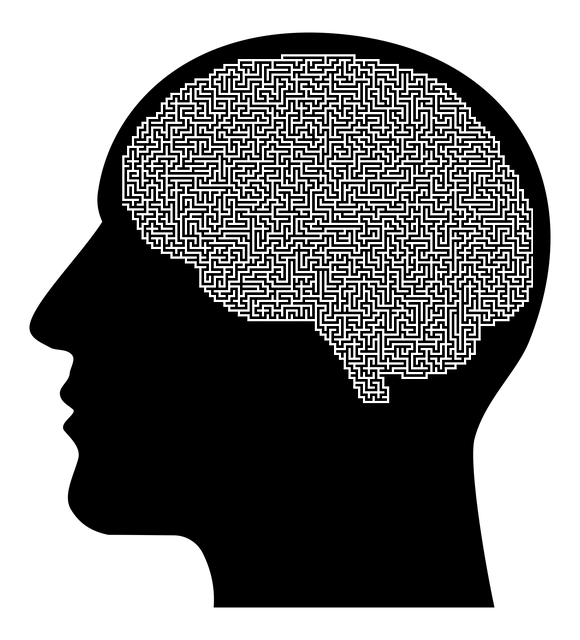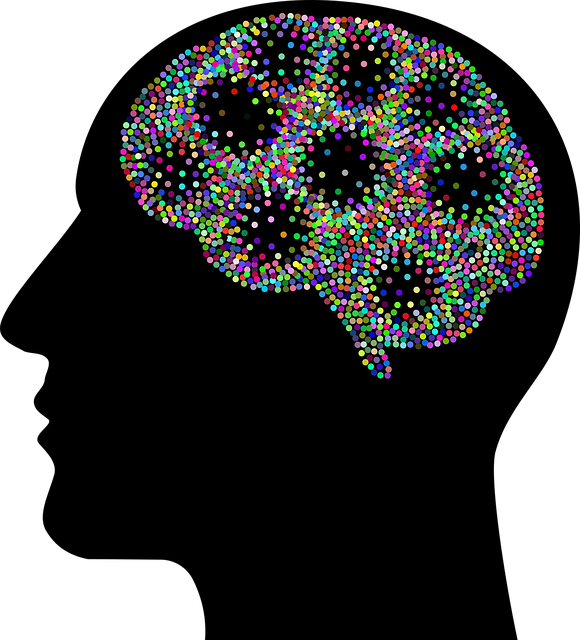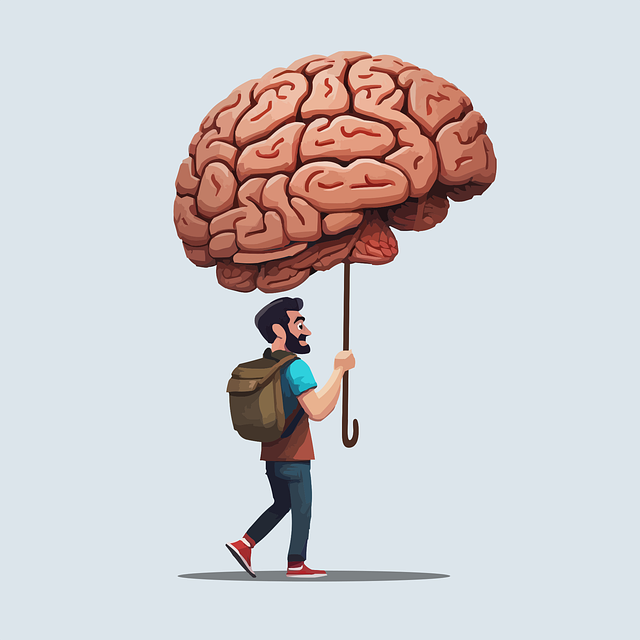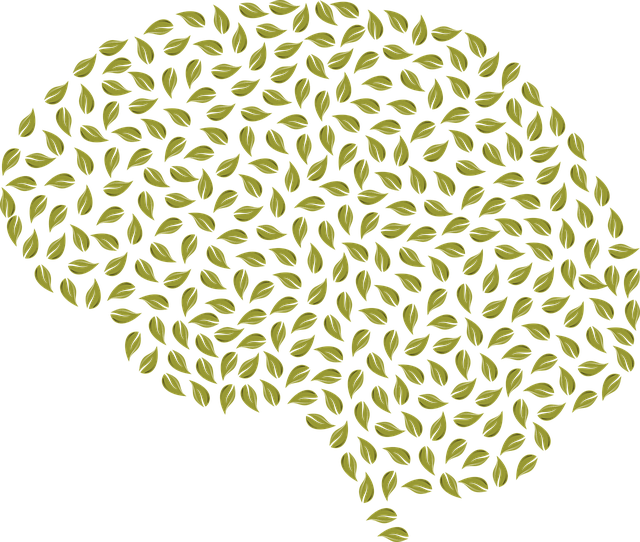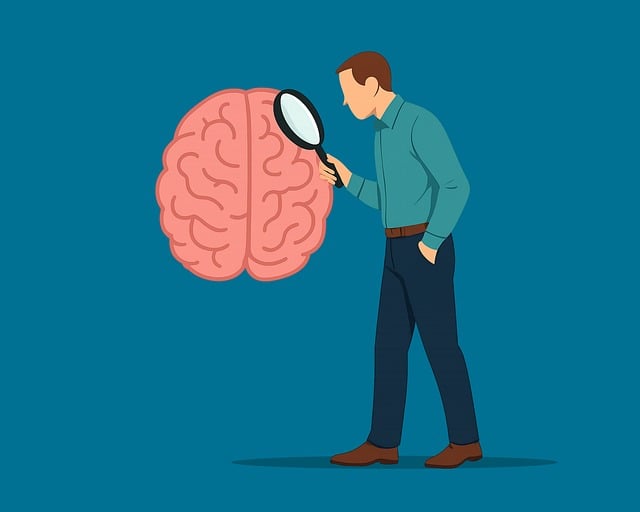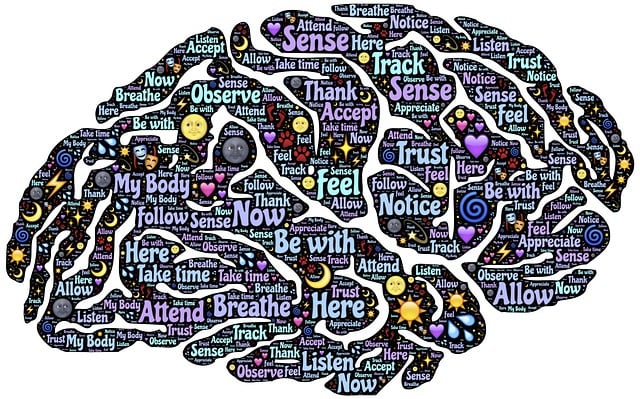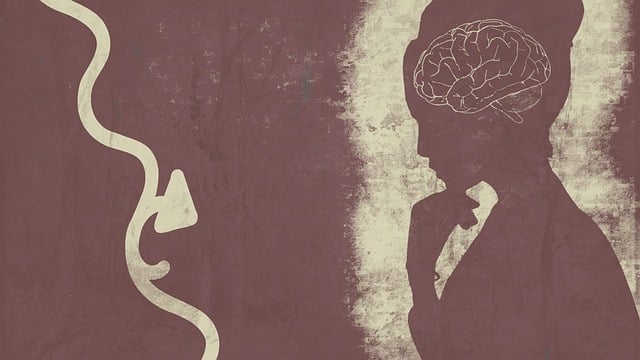Risk Assessment in Therapy for Young Adults with Relationship Issues: TL;DR
Therapy for young adults facing relationship problems relies heavily on risk assessment, which involves identifying potential mental health risks and negative behaviors. This process helps therapists tailor interventions to prevent harm and promote positive change. Key factors include past trauma, suicidal ideation, self-harm, substance abuse, and interpersonal conflicts. Comprehensive evaluations enable strategies like crisis management, coping skill development, and resilience building. For young adults, social skills training and self-awareness exercises are crucial for managing complex relationship issues and identity formation. Effective harm minimization plans incorporate tools like Mind Over Matter principles and Community Outreach Programs, fostering self-awareness, resilience, and tailored coping mechanisms to address core issues and empower long-term mental health awareness.
Risk assessment and harm minimization planning are essential components of safe and effective therapy for young adults navigating relationship issues. This article provides a comprehensive guide, delving into three key sections: understanding the foundational role of risk assessment in therapy, identifying specific harm minimization strategies tailored to young adults, and creating a robust plan through practical tools and techniques. By exploring these aspects, therapists can enhance their ability to foster resilience and promote positive outcomes for their young clients.
- Understanding Risk Assessment in Therapy: A Foundation for Safety
- Identifying and Addressing Harm Minimization Strategies for Young Adults
- Creating a Comprehensive Plan: Tools and Techniques for Effective Implementation
Understanding Risk Assessment in Therapy: A Foundation for Safety

Risk assessment is a cornerstone in therapy, especially when addressing relationship issues in young adults. It involves a thorough evaluation of potential hazards and negative outcomes associated with an individual’s mental health and behaviors. By understanding the risks, therapists can develop targeted interventions to minimize harm and promote positive change. This process is crucial for creating a safe space where clients feel supported and empowered to explore their challenges openly.
In therapy for young adults dealing with relationship issues, risk assessment helps in tailoring treatment plans. It considers factors like past traumatic experiences, suicidal ideation, self-harm behaviors, substance abuse, and interpersonal conflicts. A comprehensive risk evaluation enables therapists to implement strategies such as crisis management protocols, coping skill development, and resilience building (Self-Care Routine Development for Better Mental Health). Enhancing mental health awareness among young adults is vital, fostering an environment where they can navigate their relationships with increased self-awareness and healthy boundaries.
Identifying and Addressing Harm Minimization Strategies for Young Adults

Identifying potential harm minimization strategies is particularly crucial when focusing on young adults, a demographic often grappling with complex relationship issues and navigating their identity. Therapy for young adults can play a pivotal role in addressing these challenges. Professional counselors can equip them with essential tools such as social skills training and self-awareness exercises to enhance their ability to navigate interpersonal dynamics effectively. By fostering better communication and understanding, therapy sessions can help mitigate potential conflicts before they escalate. Additionally, teaching conflict resolution techniques becomes invaluable in managing disagreements, enabling young adults to resolve issues healthily and constructively.
Creating a Comprehensive Plan: Tools and Techniques for Effective Implementation

Creating a comprehensive harm minimization plan is paramount for effectively addressing risk assessment, especially in therapy settings catering to young adults grappling with relationship issues. This involves employing robust tools and techniques that facilitate a holistic understanding of potential risks and promote proactive strategies to mitigate them. One such tool is the Mind Over Matter principles, which emphasize self-awareness exercises designed to empower individuals to challenge negative thought patterns and build resilience.
These self-awareness exercises are integrated into structured plans, fostering an environment where young adults can develop coping mechanisms tailored to their unique needs. Additionally, Community Outreach Program Implementation plays a crucial role by connecting clients with external resources and support networks, enhancing the effectiveness of harm minimization strategies. Through these collaborative efforts, therapy sessions become more dynamic and impactful, directly addressing the core issues while equipping young adults with lifelong tools for navigating challenges.
Risk assessment and harm minimization planning are essential components of providing safe and effective therapy for young adults navigating relationship issues. By understanding the foundational principles of risk assessment, identifying specific harm minimization strategies, and employing comprehensive planning techniques, therapists can create tailored interventions to support vulnerable youth. These proactive measures ensure a more secure therapeutic environment, fostering resilience and positive outcomes in the treatment of relationship-related challenges among young adults.
